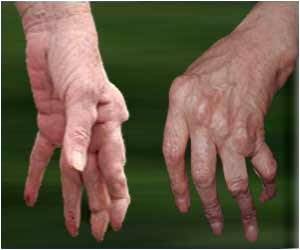Early-life exposure to the mineral manganese disrupts the way different areas of the brain involved in cognitive ability and motor control connect in teenagers.

‘New study is the first to link evidence of metal exposure found in baby teeth to measures of brain connectivity.’





"These findings could inform prevention and intervention efforts to reduce these poor outcomes in adolescents exposed to high levels of manganese," said Erik de Water, the first author and a postdoctoral fellow in the Department of Environmental Medicine and Public Health at the Icahn School of Medicine at Mount Sinai. People can be exposed to manganese via air pollution, diet, drinking water, pesticides, and secondhand smoke. Researchers measured manganese concentrations in baby teeth to determine exposure during pregnancy, the first year of life, and early childhood.
They used functional magnetic resonance imaging (fMRI) scans to measure intrinsic functional connectivity of the brain in adolescents. Higher manganese concentrations in the first year of life were associated with increased intrinsic functional connectivity within cognitive control brain areas, but decreased connectivity between motor areas in adolescents.
Source-Eurekalert










